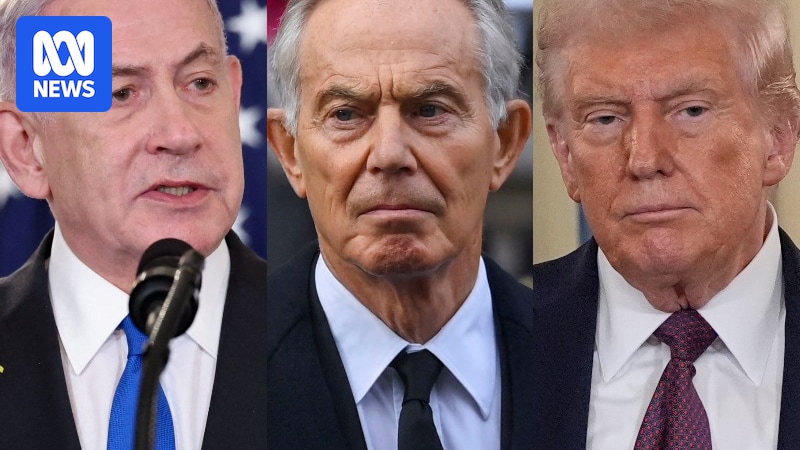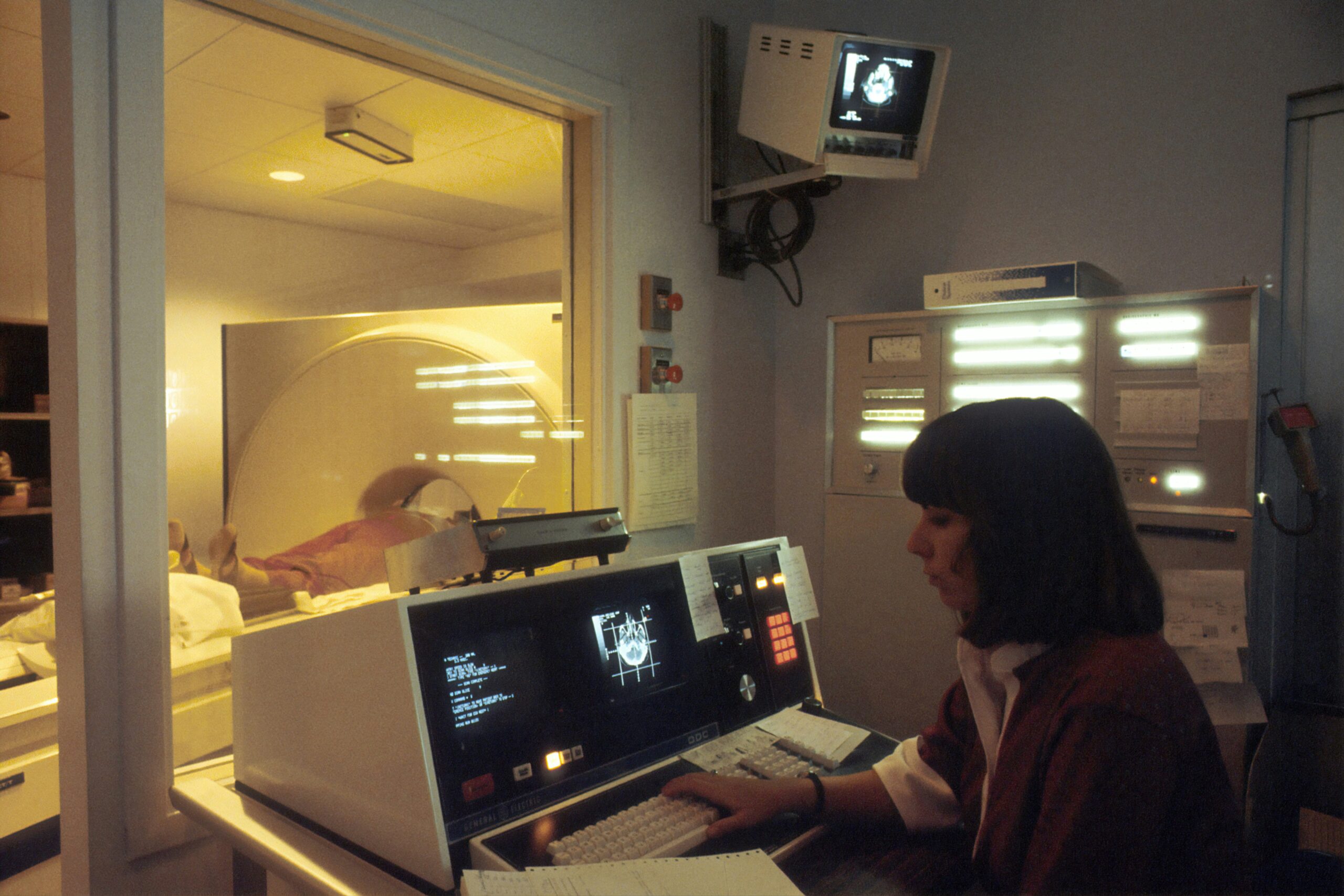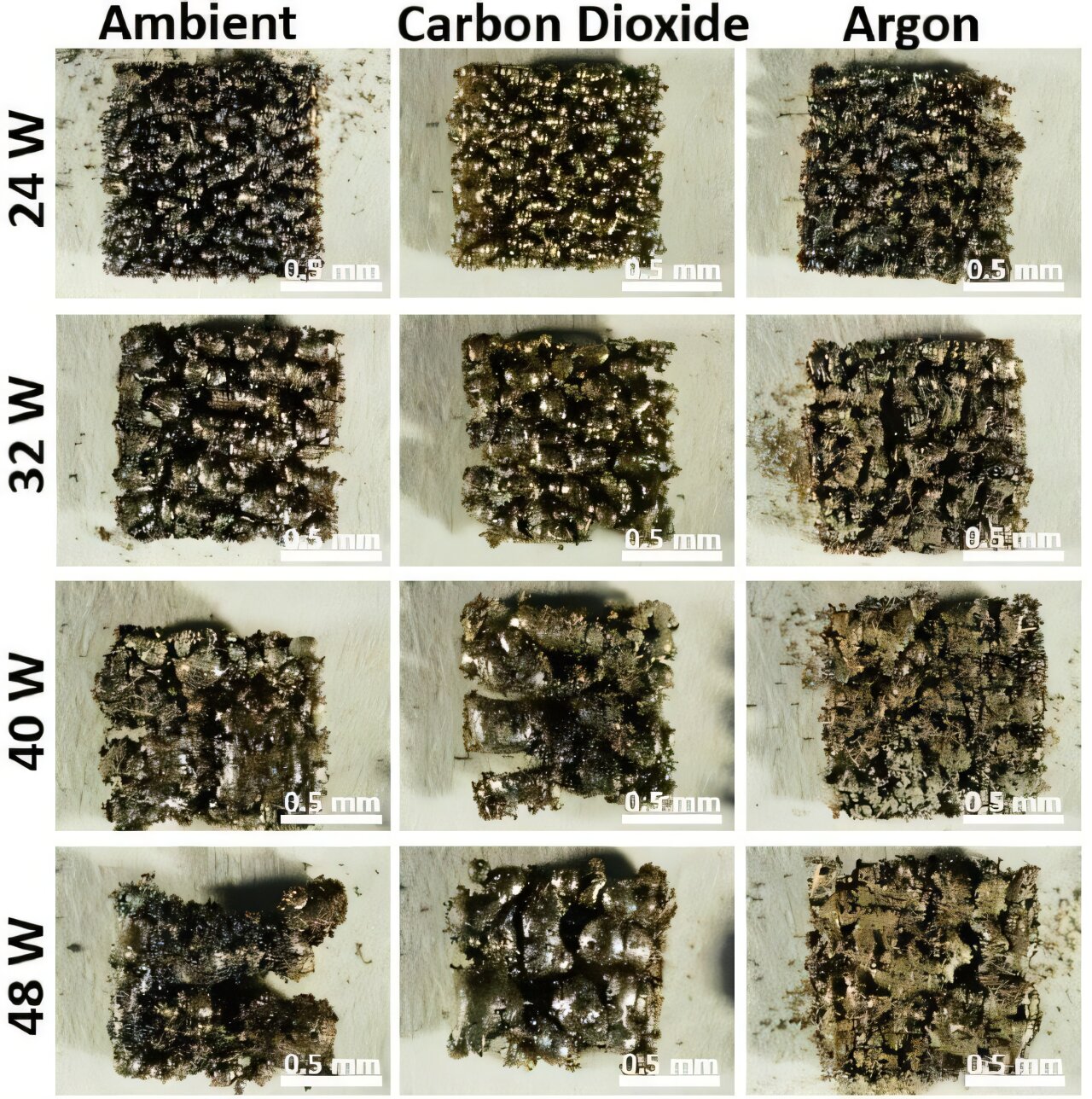
Foreign billionaires could soon play a pivotal role in governing Gaza, according to a draft plan leaked to the media. The proposal outlines the establishment of the “Gaza International Transitional Authority” (GITA), which would temporarily oversee the region post-conflict, with minimal Palestinian input. This revelation, disclosed by the ABC, has sparked significant debate over Gaza’s future governance.
The draft, prepared by the Tony Blair Institute for Global Change, suggests a hierarchical structure for GITA, with an international board exercising supreme authority. The plan, which has influenced parts of former U.S. President Donald Trump’s 20-point strategy for Gaza, details potential leadership and investment strategies for the region.
International Board to Lead GITA
Under the proposed GITA framework, governance would be led by a board comprising seven to ten international figures with executive and financial expertise. Notable names mentioned include Egyptian billionaire Naguib Sawiris and American private equity titan Marc Rowan. The document also hints at the possible inclusion of Rabbi Aryeh Lightstone, CEO of the Abraham Accord Peace Institute.
While the plan includes at least one Palestinian representative, it stipulates that this individual must be “qualified,” though it remains vague on specific qualifications. The board would be supported by a “compact” team of 25 personnel and a specialized security force dedicated to protecting GITA’s leadership.
Operational Structure and Security
Beneath the governing board, five commissioners would oversee key sectors: Humanitarian, Reconstruction, Legal and Legislative, Security Oversight, and Palestinian Authority Coordination. Their primary role would be to ensure thematic supervision and coordination across these areas.
An “International Stabilisation Force” (ISF) is proposed to manage Gaza’s borders, working closely with Egyptian and Israeli security forces. The ISF’s mandate would include deterring armed group resurgence and protecting humanitarian and reconstruction efforts. However, President Trump’s recent map indicates Israeli control over Gaza’s borders, a stance echoed by Israeli Prime Minister Benjamin Netanyahu.
Palestinian Role and Responsibilities
The document outlines a limited role for Palestinians, with a “Palestinian Executive Authority” at the bottom of the hierarchy. This body, led by a CEO appointed by the international board, would handle essential services like healthcare, education, and infrastructure.
The Gaza Police, under this authority, would manage day-to-day policing and crime prevention, liaising with the ISF as needed. The plan also proposes the creation of the Gaza Investment Promotion and Economic Development Authority to attract private capital and manage investment portfolios.
Financial and Political Implications
According to the draft, GITA’s operations would require nearly $US388 million over the first three years, with over $27 million allocated to the board alone. The document, however, does not specify what happens after this period or when control might be transferred to the Palestinian Authority.
Critics argue that the plan prioritizes foreign interests over Palestinian needs. John Na’em Snobar, a former Australian diplomat and Palestinian Christian, criticized the proposal, stating, “The people who are sitting around the table are motivated by capital interests.” He emphasized the necessity of Palestinian involvement in any peace process, referencing the lessons of the Abraham Accords.
“This is effectively a set of word games that have been established that purports to end a war, that purports to end a genocide, but that is to be done at the great expense of the future wellbeing of the Palestinian people,” said Snobar.
Meanwhile, Tony Blair has defended the proposal, describing it as a “bold and intelligent plan” capable of ending the conflict and securing a brighter future for Gaza’s residents, while ensuring Israel’s security.
The Tony Blair Institute for Global Change has been contacted for further comment, as discussions on Gaza’s governance continue to unfold on the international stage.







